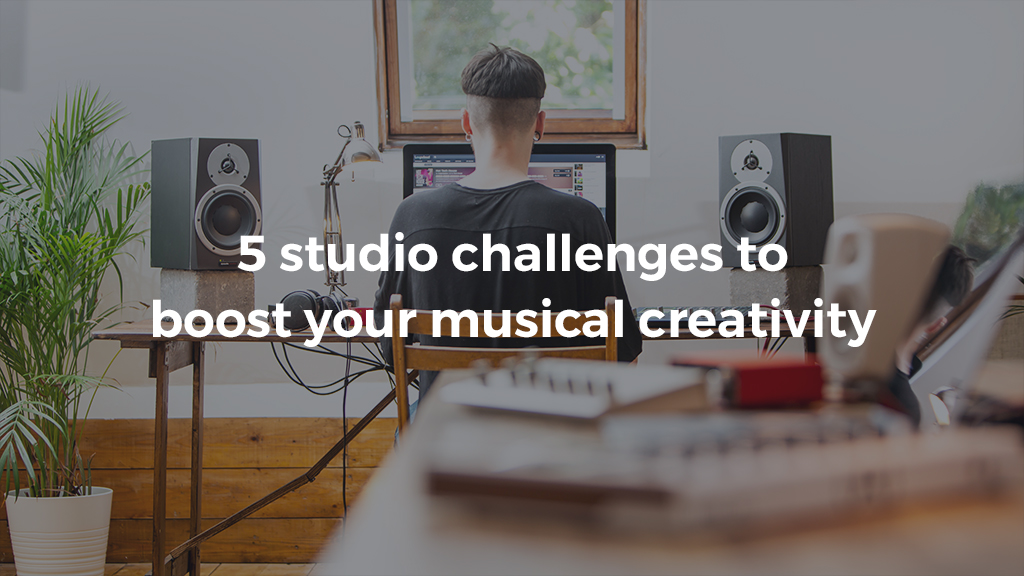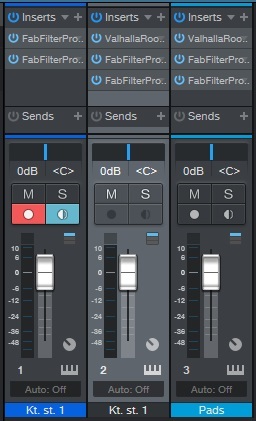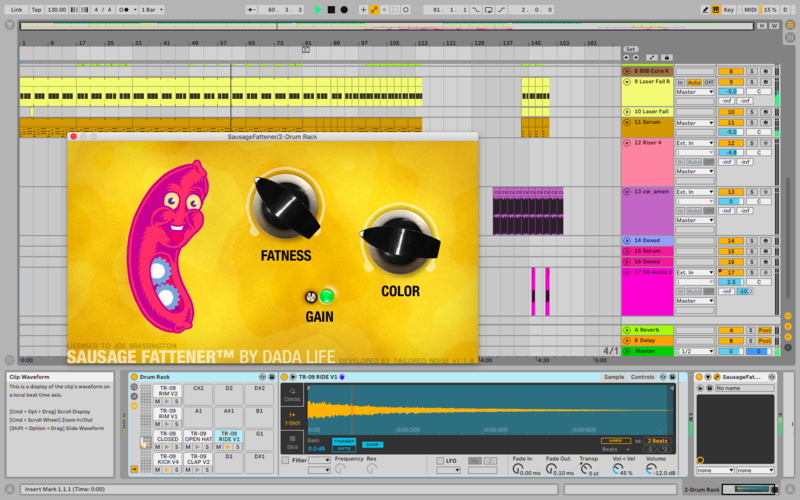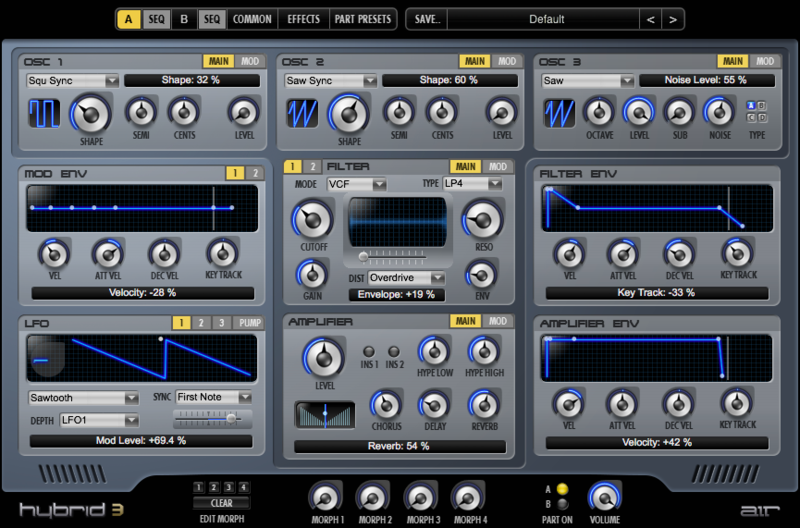Blog
5 studio challenges to boost your musical creativity
29 Jul '2019
Practise your art and become a better producer with these in-DAW exercises

Music production is a calling for some.
But no matter how enthusiastic you start out, there will always be times when you’re not feeling it. If you’re stuck in a musical rut - or need a shot of inspiration, here are 5 challenges that can help boost your creativity.
1. Impose a five-plugin limit
This might seem like you’re putting a limit on your creativity but, honestly, it helps. At the start of a project, load five plugins that will make all of your sounds. A synth or two are obvious choices, but save room for effects too. Can you create bass, chords, melodies and even drums using five plugins? It might take a bit of creativity to do it.

Limitations really do breed creativity. So this is a simple way to focus your mind on finding solutions to common problems. Does one of your five plugins have a self-resonating filter? Use it as an extra tone generator. How about using a delay plugin? This can be used to create echoes as usual. However, it can also be set as a flanger with extra-short delay times.
2. Take the one-hour challenge
Some people work well under pressure. And, in terms of creativity, a deadline can sometimes be a good thing. Why not try and make a track in an hour? But before you start, make sure that you’ve planned how you’ll split up the 60 minutes.
You might do the following:
-
Dedicate ten minutes to designing sounds and finding samples.
-
Spend 15 minutes putting them together into a basic arrangement.
-
Take ten minutes to create a basic mix.
-
Use five minutes to go back and find more sounds, replacing a couple of others.
-
Utilise ten of your minutes on automation and bringing things to life.
-
Finally, spend ten minutes to tie up the loose ends.
You can use a timing tool like Online Stopwatch to keep you on your toes.

And don’t be too disheartened by the results. The aim shouldn’t be to make an incredible track (it’s OK if it’s a bit of a clanger). The point is to practice finishing tracks. This is to help train you into moving onto another stage of the arrangement. See it as practice for the real thing.
3. Flip random settings
Many plugins contain randomising features. These are designed to help you quickly and automatically mess with their settings. While this could be a wholesale button to mess with the whole synth, there are often randomisation features for single panels.
"By using your synth or effect’s randomisation controls, you can quickly innovate"
By using randomisation controls, you can quickly innovate. As you’re changing the settings - and in strange ways - many of these randomised results may sound wrong. But when you find something unique that works - or nearly works - a few parameter tweaks might get you over the line.
4. Have sound design sessions
We all work in different ways. Some producers like to blend their work together, whilst others separate the production process into different stages. One of these stages is sound design.
You might not be making music when you design sounds. But when you do sit down to arrange something new, you’ll have a supply of interesting sounds in your repertoire.

Arguably, you need to be in a different headspace when designing sounds (as opposed to the process of stringing them together). Consequently, by putting your sound-design into a separate time slot, you won’t need to change your perspective. Importantly, you won’t lose your focus when you need it most.
5. Mix up genres
Sample packs and other content on Loopcloud is identified by genre. This is to help you quickly find the right sounds for the type of tune you’re working on. However, there’s nothing stopping you from using sounds from any genre - as long as it feels right.
"Try selecting two genres and smashing them together as a track-building exercise."
As a track-building exercise, why not select two genres and smash them together? For example, bubbling techno synths can work with psytrance basslines. It just needs to be retimed and treated the right way.

